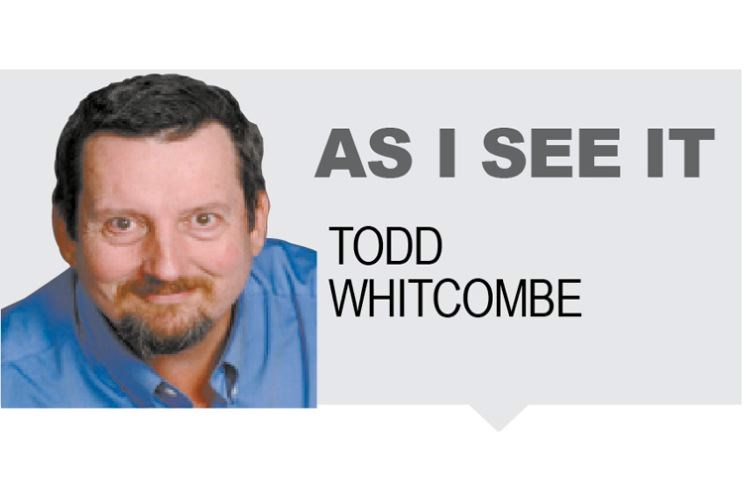Words are powerful.
They can be used as a blunt instrument to beat an argument into submission or with the precision of a scalpel to cut away bunk and nonsense.
They can also be used to obfuscate, manipulate, and intimidate. And if used well they can be used to hide the truth behind perfect reasonable answers.
Few examples of this are better than the ongoing denials from Sarah Huckabee Sanders. As the White House Press Secretary under U.S. President Donald Trump, she has gone to great lengths to deny any wrong doing on the part of the president. But in all of her responses, she doesn't deny there was wrong doing. She repeatedly says the president had nothing to do with it.
And she could be telling the truth as Trump wasn't president when most of the acts of collusion occurred for which he and his team are being investigated. Indeed, even during the transition period, technically he wasn't president, but president-elect.
Huckabee Sanders is always very careful to say "The president wasn't involved."
I haven't watched all of her press briefings (who has time?) but I don't recall her making reference to Trump in any of her denials. She can make her statements and defend them as "the truth" because the president didn't do any of these things.
Most of us would see through this sophistry. But in a 30-second sound bite, it does sound like a denial. And her repeated defence of the president is making for great television in the late night talk show circuit and on satirical programs such as The Daily Show and Last Week Tonight.
But this sort of use of language is not restricted to American politics. It is the stock-and-trade of politicians of all stripes around the world.
Consider the denials from the PMO over SNC-Lavalin. The the prime minister said "at no time did we direct the attorney general, current or previous, to take any decision whatsoever in this matter."
He didn't "direct" Justice Minister and Attorney General Jody Wilson-Raybould to interfere in the prosecution. But a lot hinges on the use of the word "direct."
If someone suggests you should do something, is giving you a direction? Or if someone points out to you it would be in the party's best interest if the prosecution agreed to offer SNC-Lavalin a "remediation agreement," is that being directed?
The word direct means to control or manage the operation of something. In this case, that would be a direct order from the Prime Minister's Office to pursue a particular path or approach. And this likely did not happen.
But this is not what the government is being accused of in various editorials and by the leader of the opposition. Rather it is being accused of "pressuring" the minister of justice to take a particular stance and no one really knows whether or not it happened. Perhaps more to the point, no one really knows what pressure means in this case.
In the meantime, Wilson-Raybould has been shuffled to a new portfolio within cabinet.
While Veteran's Affairs is deemed a demotion by some political observers - and perhaps it is - it is still a ministerial appointment within cabinet. It is also a post in desperate need of a strong hand on the tiller.
The optics look bad. The language looks even worse.
And in an unusual move, Wilson-Raybould wrote a public letter after she was shuffled to Veteran's Affairs saying "It is a pillar of our democracy that our system of justice be free from even the perception of political interference and uphold the highest levels of public confidence."
"As such, it has always been my view that the attorney-general of Canada must be non-partisan, more transparent in the principles that are the basis of decisions, and, in this respect, always willing to speak truth to power. This is how I served throughout my tenure in that role."
At the time she wrote this letter there was some puzzling over the intent. But these subsequent revelations now give her words a much darker twist. Was she, in fact, speaking to this scandal? Was she speaking to the pressure being brought to bear?
As we run-up to the election in October, scandals are the last thing the federal Liberals wanted.
They have accomplished much in the past four years - from the legalization to marijuana to re-establishing science-based inquiry. They would like to focus the electoral rhetoric on the next four years. But, as with pretty much every previous government, scandal will likely come to dominate this election. In particular, scandal in Quebec which seems to be the Liberal party's Achilles Heel.
In the lead-up to the election, the Liberals will need to be very careful in choosing their words.



